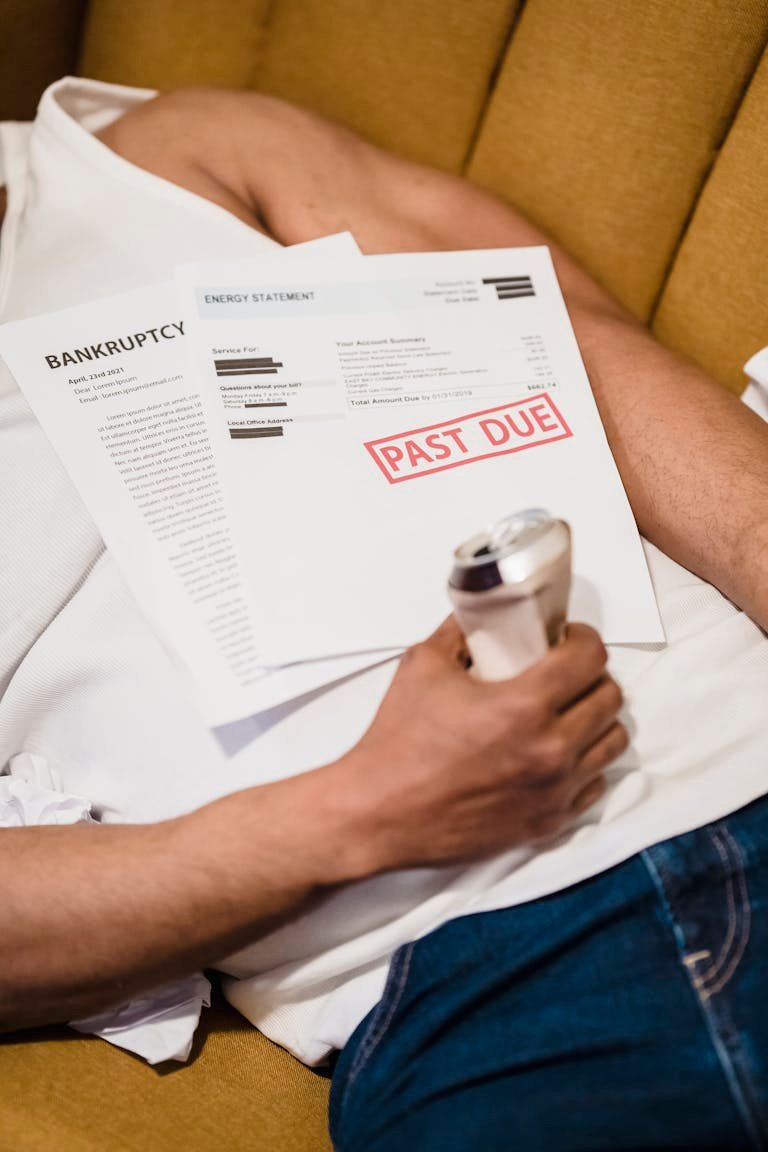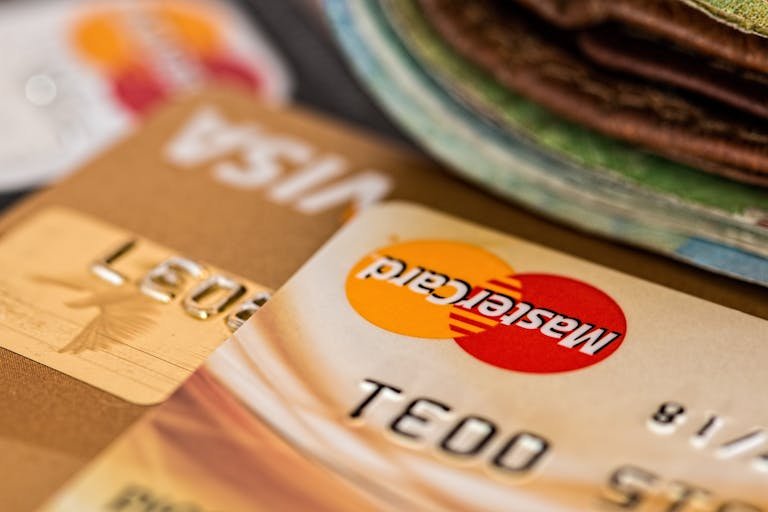Why Did My Credit Score Drop Suddenly? 10 Hidden Reasons
Why Did My Credit Score Drop Suddenly? 10 Hidden Reasons
You log in to check your credit score — and it’s suddenly lower than last month. No missed payments, no new loans, no big purchases… so what happened? A sudden credit score drop can feel alarming, but there’s almost always an explanation. Here are 10 hidden reasons your credit score might have dropped — and what you can do to fix it fast.
1. A Lower Credit Limit (Even If You Didn’t Ask for One)
Sometimes, lenders reduce your credit limit without warning — especially if you haven’t used the card in a while. When your available credit decreases but your balance stays the same, your credit utilization ratio spikes, which can cause an instant score drop.
Fix it: Keep balances under 30% of your total credit limit, and ask your lender to restore or increase your limit.
2. A New Credit Inquiry
Each time you apply for a loan or credit card, it creates a hard inquiry. Too many inquiries in a short time signal risk to lenders and can shave off a few points per inquiry.
Fix it: Limit new applications and group rate-shopping (like for a car loan) within 14–30 days — it counts as one inquiry.
3. You Paid Off a Loan (Yes, Really)
It seems unfair, but closing a loan account after full payment can cause a small dip in your score because it changes your credit mix and lowers your average account age.
Fix it: Celebrate the payoff — the dip is temporary. Keep older accounts open to preserve your credit history.
4. Increased Credit Utilization
If your credit card balances jumped recently, your utilization ratio increased — even if you haven’t missed any payments.
Fix it: Pay down balances before your statement closing date so lower amounts are reported to credit bureaus.
5. An Old Negative Item Updated
If a collection agency or lender recently reported an update on an old account, it can re-age the debt’s activity, temporarily lowering your score.
Fix it: Check your credit reports for updates. If the information is inaccurate, dispute it immediately.
6. You Closed an Account
Closing a credit card reduces your total available credit, which can increase utilization and shorten your credit history.
Fix it: Unless a card has an annual fee, keep it open with occasional small purchases paid off monthly.
7. A Late Payment Was Reported
Even one late payment (30 days or more) can cause a major score drop, especially if you have an otherwise clean record.
Fix it: Catch up fast and contact your lender. Some may remove a one-time late mark as a courtesy.
8. An Account Went to Collections
If a bill slipped through the cracks — like a medical or utility bill — it could be sent to collections without your knowledge.
Fix it: Verify the debt, pay it (or negotiate a pay-for-delete), and request that the collection be marked as “paid.”
9. Credit Report Errors
Credit bureaus occasionally mix up data or report duplicate accounts. Even small errors can tank your score.
Fix it: Review your free annual credit reports from Experian, Equifax, and TransUnion, and dispute errors promptly.
10. Identity Theft or Fraudulent Activity
If you spot unfamiliar accounts or credit inquiries, it could be identity theft.
Fix it: Freeze your credit immediately and report the issue through IdentityTheft.gov. Contact affected lenders to close fraudulent accounts.
Quick Checklist: What to Do If Your Credit Score Drops
- Pull your reports from all three bureaus.
- Identify recent changes (new inquiries, closed accounts, higher balances).
- Dispute inaccuracies right away.
- Pay down revolving balances below 30%.
- Set up alerts or credit monitoring to catch future changes early.
Tools to Help You Recover Fast
| Tool | Type | Benefit | Ideal For |
|---|---|---|---|
| Experian Boost | Free Tool | Adds on-time utility and phone payments | Quick score improvement |
| Credit Karma | Monitoring | Tracks changes and gives alerts | Ongoing score tracking |
| IdentityIQ | Protection | Detects identity theft and fraud early | Preventing future drops |
| Self Credit Builder | Loan | Builds credit while saving money | Rebuilding history |
(Affiliate disclaimer: This post may contain affiliate links. If you sign up through them, we may earn a commission at no cost to you.)
Credit Score Drop Is A Signal
A credit score drop isn’t the end of the world — it’s a signal. By understanding these hidden reasons and taking quick action, you can recover your points and get back on track faster than you think.
FAQ
Q: How much can my score drop from one hard inquiry?
A: Usually 3–5 points, and it often rebounds within a few months.
Q: Why did my score drop even though I paid on time?
A: It could be higher utilization, a lower credit limit, or a closed account.
Q: How long until my score recovers after a dip?
A: Most temporary drops rebound within 30–60 days once balances lower or updates post.
Q: Can checking my own credit score cause a drop?
A: No — personal checks are “soft inquiries” and don’t affect your score.


